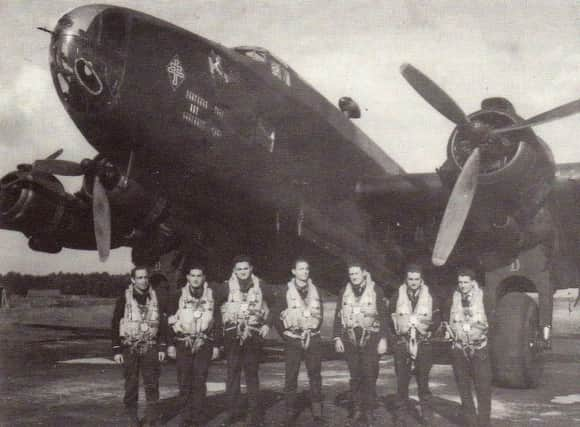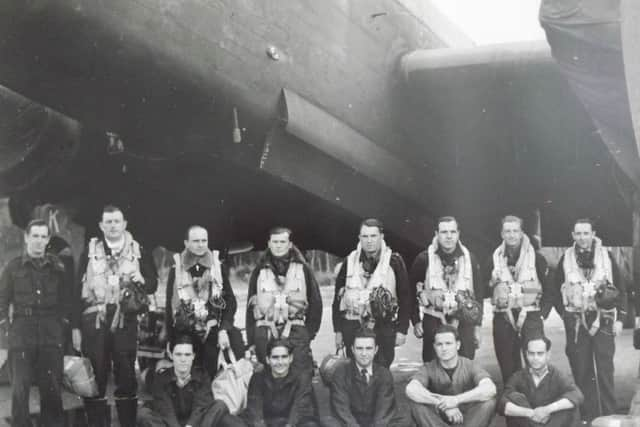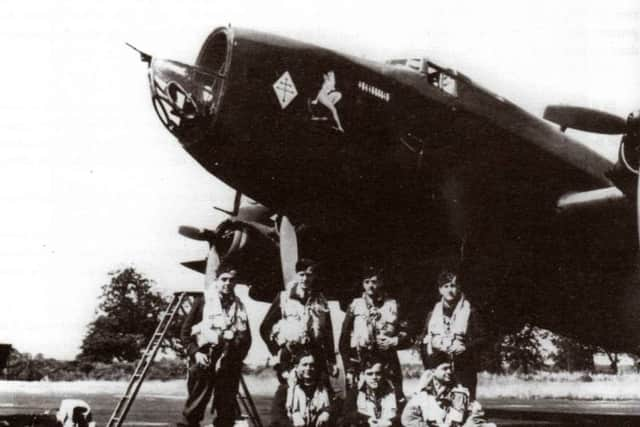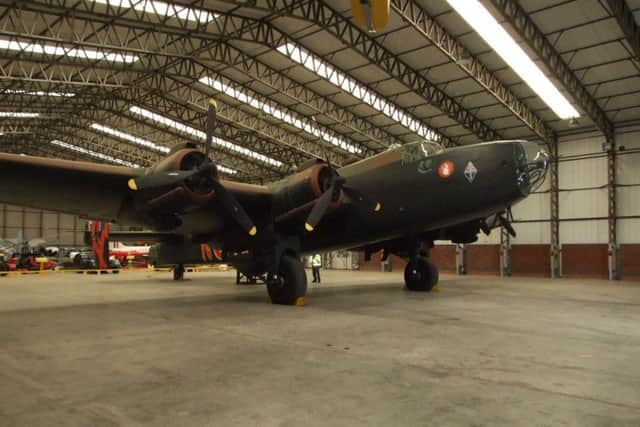Why they remember a different fifth of November in a part of Yorkshire that is forever France


The date could hardly have been more significant: the fifth of November. In a corner of Yorkshire that is forever France, from where men flew and not all returned, they remember it still.
Tomorrow, a contingent from there will fly again to Europe, in sorrow not in anger, to mark an anniversary which to a generation means so much more than the failed Gunpowder Plot of 1605 that their great-grandchildren will celebrate.
Advertisement
Hide AdAdvertisement
Hide AdRAF Elvington, near York, was the only base in England to be operated entirely by the air force of another nation. Two units had been formed from the remnants of the Armée de l’air in North Africa, and amalgamated into the RAF as 346 and 347 Squadrons.


It was from there that 25 Halifax bombers took off on the last major raid on the Westphalian city of Bochum.
It had begun on the night of November 4, when an awesome squadron of 749 Lancasters and Halifaxes was scrambled. Raids on that scale were no longer unusual, and after 149 previous sorties, Bochum was used to them. Its women and children had long been evacuated.
But nothing could have prepared the city for the devastation that the dawn of November 5 would bring. Guided by pathfinders, the bombers homed in on the enormous steel plant, Bochumer Verein. As it went up, so did the 10,000 high-explosive and 130,000 incendiary bombs the Nazis had stored there.
Advertisement
Hide AdAdvertisement
Hide AdNearly 1,000 people died on the ground that night, as one fire triggered another, spreading far beyond the factory.


Of the 25 Free French Air Force bombers that took off from Elvington, five did not return. Eleven of their crew were taken prisoner, one escaped, and 23 died.
The French have long since left Elvington. After the war, the remaining bombers of 346 Squadron were moved to Bordeaux to form the core of the modern French air force.
In their place is the Yorkshire Air Museum, the largest of its kind in Britain and home to the only Allied Air Forces Memorial in Europe.
Advertisement
Hide AdAdvertisement
Hide AdIt is from there that a delegation will travel to remember the fifth of November and the raid on Bochum, at the annual Mass to commemorate the fallen, at the cathedral of Les Invalides, the Military Museum in Paris.


The Yorkshire museum’s director, Ian Reed, who will be among those at the service, said the memory of the raid still had a special significance to the villagers of Elvington, and would also be marked at next weekend’s remembrance service.
He said: “It draws a significant contingent from France every year, gathering with the hundreds of villagers, Yorkshire Air Museum members and military personnel from various nations who come to pay their respects to the fallen of all nations.”
The bombing of Bochum in November 1944 followed the five-month Battle of the Ruhr, during which the Allies had targeted the densely-packed steel, coke and oil plants.
Advertisement
Hide AdAdvertisement
Hide AdBochum itself had taken three major hits during the campaign.


By the end of the war, more than a third of the city had been destroyed, and it was said that of its 90,000 homes, only around 1,000 remained undamaged. Just two of its 122 schools remained untouched.
The city was captured in April 1945, five months after the final air raid, and unexploded bombs continue to be found there to this day.